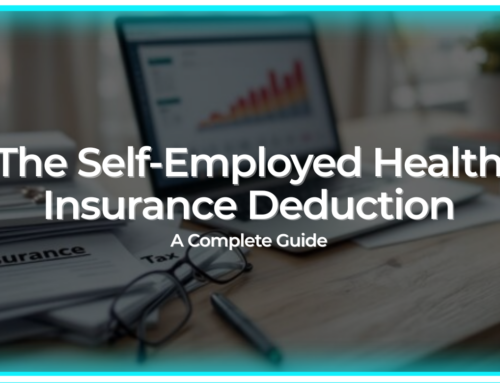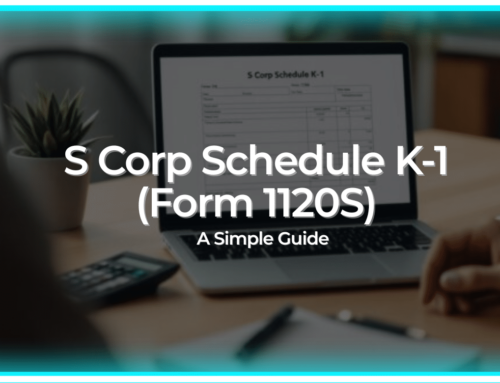Hi! I’m Bette Hochberger, CPA, CGMA. Going over the details of real estate transactions can be a tricky task, particularly when it comes to taxes. Whether you’re an expert investor or a first-time homebuyer, understanding and avoiding common tax pitfalls can save you a significant amount of money and stress.
Here’s a quick guide to help you steer clear of frequent tax mistakes in real estate!
Misunderstanding Capital Gains Tax
Capital gains tax applies to the profit you make from selling a property. A common mistake is assuming that all real estate profits are tax-free, especially if you have lived in the property for a long time.
To avoid this, familiarize yourself with the IRS rules regarding primary residences. If you have lived in the home for at least two of the last five years, you may exclude up to $250,000 of capital gains ($500,000 for married couples) from your income!
Overlooking Deductions
Deductions lower your taxable income, thus reducing your tax liability. Homeowners and investors often miss out on deductions for mortgage interest, property taxes, and depreciation.
To avoid this, keep detailed records of all expenses related to your property. For homeowners, mortgage interest and property taxes are typically deductible. For investors, depreciation on rental property can provide substantial tax benefits.
Ignoring Depreciation Recapture
Depreciation recapture is a tax on the gain from selling a rental property, reflecting the depreciation you claimed during ownership. Some investors forget that the IRS requires you to pay taxes on the depreciation you’ve taken when you sell the property.
To avoid this, plan for depreciation recapture when selling an investment property. Consult a tax advisor such as myself to understand how this will impact your overall tax situation and explore strategies to ease its effects.
Incorrectly Reporting Rental Income
Rental income must be reported on your tax return, including all income received from tenants. A common mistake is failing to report all rental income or improperly categorizing rental income and expenses.
To avoid this, keep thorough records of all rental income and expenses. Make sure that you report these accurately on your tax return. Use Schedule E (Form 1040) for reporting rental income and expenses.
Neglecting State and Local Tax Obligations
State and local taxes can vary widely and may include property taxes, transfer taxes, and other local levies. Assuming that federal tax rules cover all your tax obligations can lead to non-compliance with state and local tax laws.
To avoid this, research and understand the tax obligations specific to your state and locality. Pay attention to property tax rates, transfer taxes on real estate transactions, and any other local tax requirements.
Failing to Consider the Tax Implications of Financing Options
Different financing options, such as mortgages or home equity loans, have varying tax implications. Overlooking the tax benefits or consequences of different financing options is a common mistake.
To avoid this, consult with a financial advisor to understand the tax implications of your financing choices. For instance, the interest on a home equity loan may be deductible if the loan is used to buy, build, or substantially improve the home that secures the loan.
Misunderstanding the Home Office Deduction
The home office deduction allows you to deduct expenses related to a portion of your home used exclusively for business. Claiming the home office deduction without meeting the strict requirements, or not claiming it when eligible, are common mistakes.
To avoid this, ensure that the space you claim for a home office is used regularly and exclusively for business purposes. Understand the rules and accurately calculate the deduction to avoid red flags that could trigger an audit.
Real estate transactions come with a ton of tax implications that can be complex and overlooked. By educating yourself about common tax mistakes and taking proactive steps to avoid them, you can ensure smoother, more financially sound real estate dealings.
Feel free to schedule a meeting with us if you want to navigate these waters expertly and maximize your tax benefits! Remember, the key to successful real estate investing is not just about buying and selling properties but also about understanding and managing the associated tax responsibilities.
As always, stay safe, and I will see you next time.







